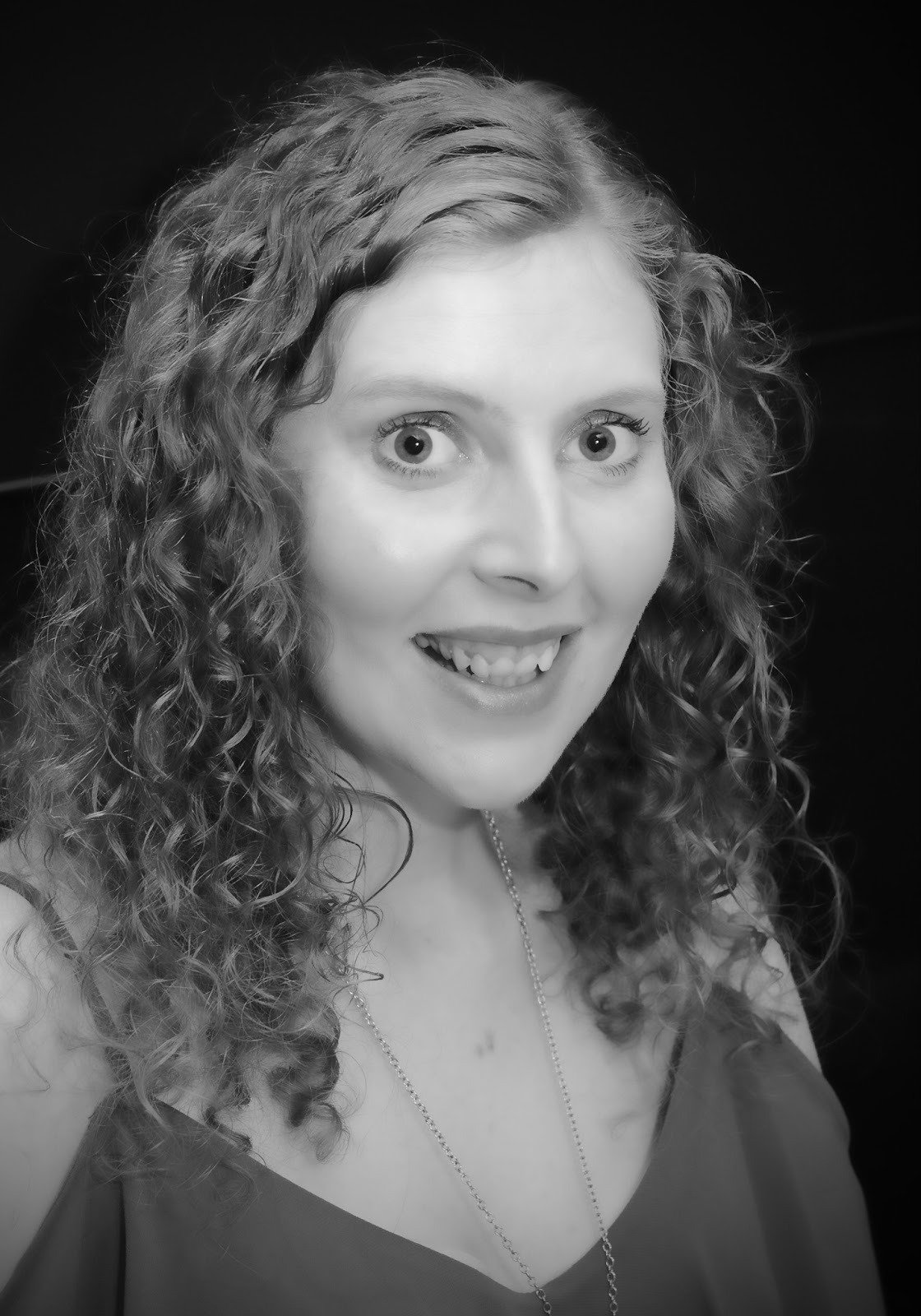Why Do Computers Use Binary?
- All data needs to be converted to binary to be processed by a computer
- Binary is a numbering system that uses only 0s (off) and 1s (on)
- A computer uses binary data for all of its operations
- The 0’s and 1’s are called bits. “Bits” is short for binary digits
- A bit is the smallest unit of data a computer can use (a single 0 or 1)
- Bits can be grouped to form larger units of data, such as bytes, kilobytes, etc.
- By using binary, computers can process and store data using electronic transistors that can be either on or off
- Millions or billions of transistors fit onto a microchip
- Any form of data, including text, images, and sound, needs to be converted to binary before it can be processed by a computer
- This conversion process involves assigning a binary code to each character, pixel, or sample in the data
- The resulting binary code can then be processed using logic gates and stored in registers
Logic Gates
- Logic gates are electronic devices that perform logical operations on binary data
- Logic gates are used to process binary data by applying Boolean logic to the input values and producing a binary output
- Registers are temporary storage areas in a computer's CPU (central processing unit) that hold binary data during processing
- Registers are used to store data that needs to be accessed quickly, such as variables in a program or data being manipulated by logic gates
- The size of a register determines the maximum amount of binary data that can be stored in it at one time


